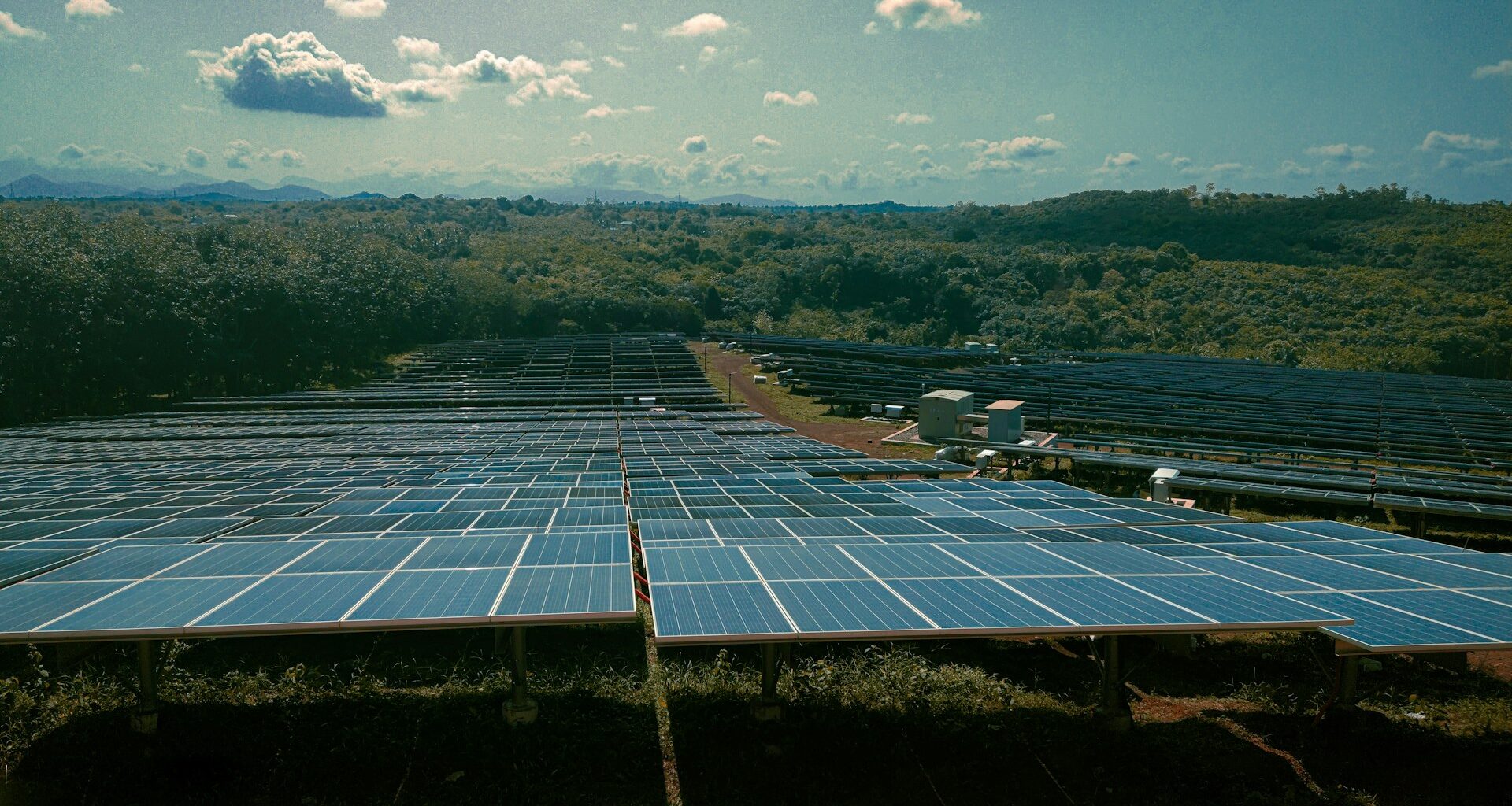Moldova has approved a new regulation enabling the country to participate in joint renewable energy projects with EU Member States, Energy Community Contracting Parties and third countries. It establishes a legal framework for international cooperation on the development of renewable energy projects, including cases where no physical energy transfer takes place, only financial and technical collaboration.
Key provisions
As part of the regulation, the Ministry of Energy will annually assess the development of the renewable energy sector to identify the need for new joint projects. In cases where there is a risk of not meeting national renewable energy targets, a pre-feasibility study will be conducted. This study will analyse the technical and economic potential of implementing the project either in Moldova or with identified partners and will include a cost-benefit assessment.
The measure also defines the full implementation procedure for joint projects, setting out stages, eligibility criteria, the responsibilities of involved parties and the expected outcomes. It further establishes a cooperation framework based on memoranda of understanding between the Ministry of Energy and external partners, serving as the foundation for future joint project agreements.
27 per cent renewable energy by 2030
The mechanism aims to help Moldova achieve its goal of 27 per cent renewable energy in total energy consumption by 2030. Developed with support from Expertise France, the French government’s international technical cooperation agency, this initiative strengthens Moldova’s energy security and supports its integration into the European energy market.
“This regulation is a tool to capitalise on Moldova’s renewable energy potential. Joint projects with EU and regional partners will help us meet our renewable energy targets and build the infrastructure needed for a real energy transition,” said Carolina Novac, State Secretary of the Ministry of Energy.
